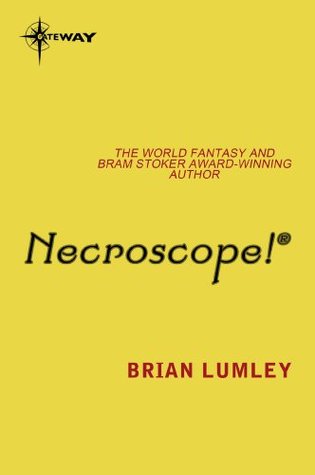More on this book
Community
Kindle Notes & Highlights
Dragosani had been named for his birthplace on the Oltul River where it flowed down from the Carpatti Meridionali towards the Danube and the border with Bulgaria. In the old days that had been Wallachia, with Hungary to the north and Serbia and Bosnia to the west. And that was how he saw himself: as a Wallach,
Dragosani was first a Wallach (and possibly the only surviving Wallach in the world), second a Romanian, but hardly a Russian at all.
boy; he did not understand words like bestial, sadistic, diabolic, or the meaning of phrases like ‘the Powers of Darkness’, or the Acts by which such Powers are invoked. To him there was fear in a creaking tread on a dark landing; there was terror in the tapping of a twig on his bedroom window, when all the house was asleep; there was horror in the sudden squirm or hop of a toad, or the startled freezing of a cockroach when the light is switched on, and especially in its scurrying when it knows it is discovered!
‘I’m not sure,’ he said. ‘It had been human once, though. One thing is certain: when Keogh needed help it came to him. That’s his talent, Max: the dead answer his call.’ And he turned to the other, his eyes darker still in sunken orbits. ‘They answer his call, Max. And there are a lot more of the dead than there are of the living.’
It was not only the absence of light but the absence of everything. He might be at the core of a black hole, except a black hole has enormous gravity and this place had none. In one sense it was a metaphysical plane of existence, but in another it was not – because nothing existed here. It was simply a ‘place’, but a place in which no God as yet had uttered those wonderful words of evocation, ‘Let there be light!’
Like in Asimov's short story, this Words reverse entropy (in the beginning was the Word, and the Word was with God, and the Word was God)
I shiver with the implications of this train of thought


